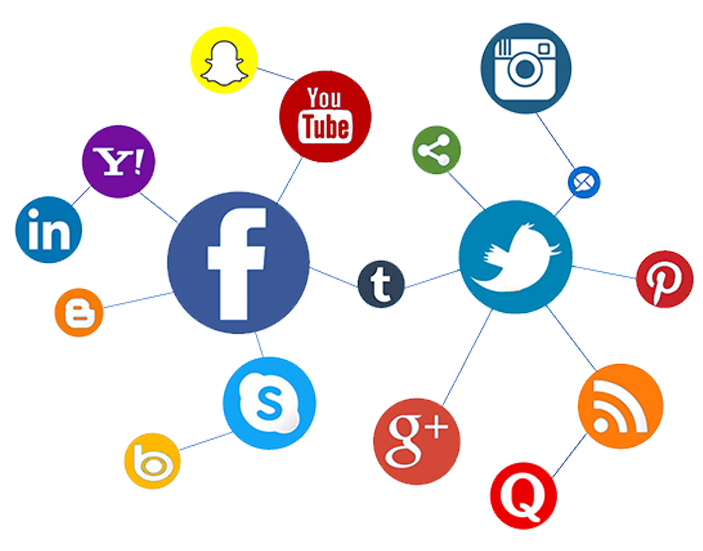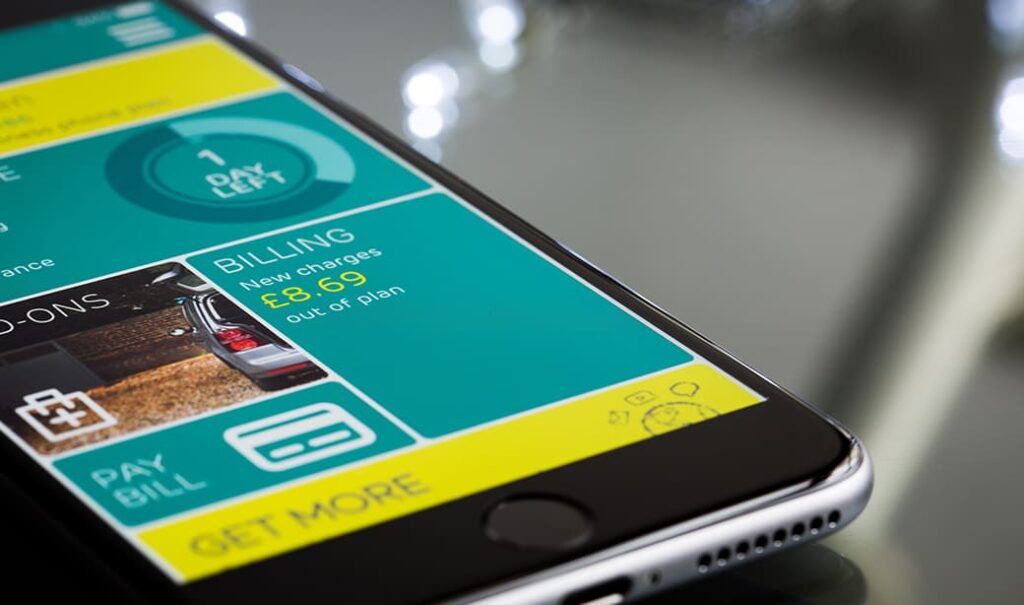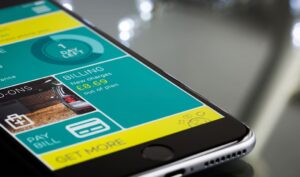Smartphone applications are used by customers daily, as mobile applications are becoming increasingly popular among companies, service providers, and customers themselves. Want to pay bills, request food or food delivery, request health care, or book a refund with the doctor? Mobile applications provide all of these services and much more. In this article, learn with us about the importance of smart phone applications.
The importance of smart phone applications
There is almost no field in which the importance of smart phone applications has not been proven, and mobile applications have proven essential for effective communication with target customers. Hence, why are you wasting this opportunity on your business?
Globally, there are more than 5 billion smartphones around the world. Therefore, we are faced with the reality that these days people spend more time on the phone compared to personal computers. If you adjust your marketing plan to suit this shift and obey this reality in your favor, then surely you will ensure great profits for your company.
If you want to offer services or offer products on the Internet, use mobile applications to reach your maximum sales. The more offers you make to potential clients to ensure you can be reached via mobile applications, the more your business will spread globally.
Benefits of smart phone applications
The following are the four most important functional and marketing benefits that prove the importance of enterprise and corporate smart phone applications:
People spend most of their day on the phone
Having an application for your project or company on the phone is a must these days. A 2008 study showed that the average mobile phone user spends three hours on the phone. And most importantly, you usually spend 3 hours per day interacting with mobile apps and possibly later on your business app!
In 2014, the number of people using mobile phones exceeded the number of desktop users, as Google released the results of its research on the use of mobile applications in 2013. It included that the most important thing users are looking for is travel, health, fashion, restaurants, homes, hiking and cars.
The research also stated that three out of 10 customers carry out the purchase process through mobile applications. These statistics confirm why you and your business need a mobile application.
Do not limit your presence to the website only or on social networking sites only because all of (mobile applications, website and social media sites) constitute the successful triangle of your business.
The danger of relying solely on websites is what marketers call the “bought and gone” phenomenon. On the one hand, your reliance on websites only provides a scenario in which the customer finds a wonderful product, buys it, and never returns to the company, so he does not follow the company again and thus does not learn about the latest developments of new products and updates to old products.
On the other hand, you run the risk of never finding clients if you settle for mobile apps. Obviously, these platforms complement each other.
Marketing directly
When your company is present on the Internet, the marketing opportunities for your project become endless, for example if you sell hand sanitizers, with a simple search on the Internet you can find sites and blogs that address the audience interested in these products, and reserve advertising space with them at very low prices compared to the prices of ads on television or In the streets, your access is guaranteed to the target segment.
Where mobile applications have proven to be fast and effective in attracting customer interest and ensuring communication and interaction with the launch of new products and services, promotions, improved features and reduced prices; Especially, if you use push notifications in your app. Therefore, the customer will get acquainted with the new company through offers and products in the beginning by appearing in front of him, then the customer will follow it on purpose.
Moreover, mobile apps provide a lot of information for your business about your customers. An example of this is your geographic location for customers to make it easier to target them in your marketing campaigns.
Providing smart solutions that suit all changes
In light of the current crisis that the whole world is going through, imagine that you want to buy a commodity or obtain a service in any field you want, but you definitely have to go to the company headquarters or the store that sells this commodity or provides this service! There is no doubt that you will think twice to decide before going to visit the company or store. But imagine the situation when you own a mobile app! Of course, you can sell anything at any time in your home without the need to go out and interact directly.
Turn your app into a social platform
It is preferable to integrate many social features into the mobile application. A study once revealed that most people on social media log in to see what his friends say or share. Incorporate this idea into your marketing strategy so that people can actually see your branding while catching up with their friends.
Add features like in-app messaging, comments, likes, and photo-sharing capabilities. Additionally, enable app login via Facebook and Twitter. This approach has proven effective in increasing customer engagement and repeat sales.

Increase customer engagement
All customers need a way to reach the company that sells a product or service that interests them. If you are unable to reach them, you run the risk of losing customers. Hence, the mobile app is helpful in enabling this access. Provide a help button on the mobile app platform where customers can post their questions, orders, comments, and complaints.
If you could answer all their communications personally, it would be a great post. Make making a reservation or ordering a product as simple as possible. People discourage lengthy procedures, so scientists find it easier to click the “back” button than the “next” button.





